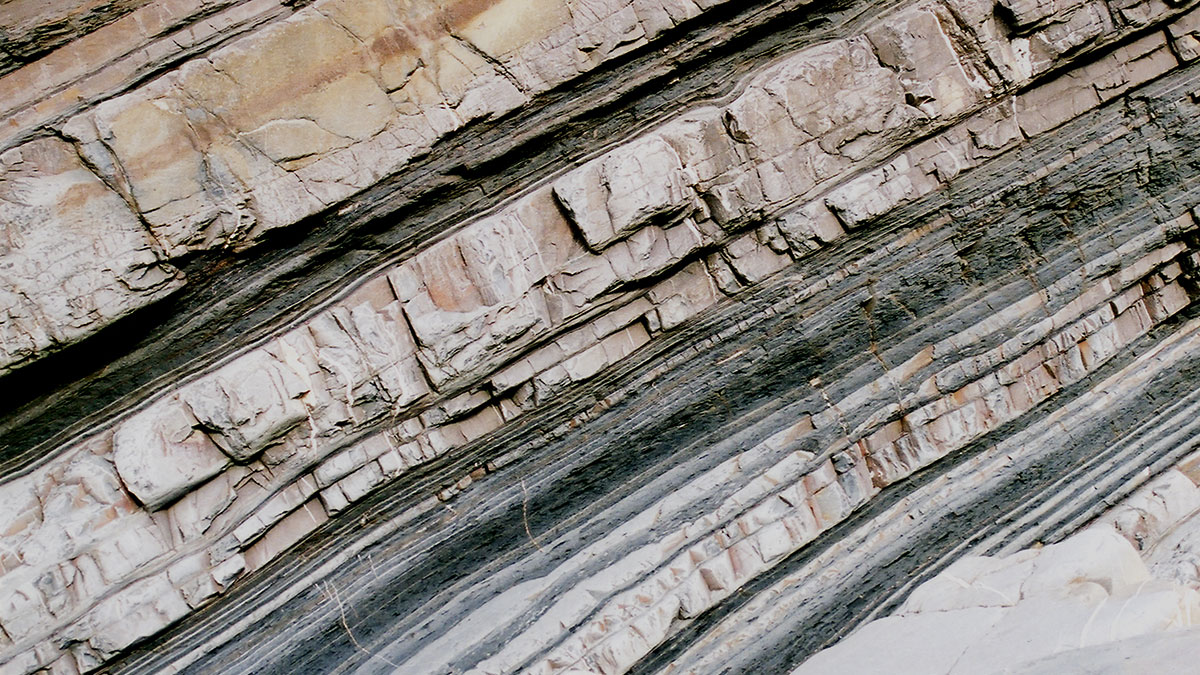To better understand how sea-level rise threatens coastal areas, scientists propose a new indicator to estimate the risk of coastal flooding under climate change.
Oceans
Submarine Avalanche Deposits Hold Clues to Past Earthquakes
Scientists are making progress on illuminating how undersea sedimentary deposits called turbidites form and on reconstructing the complex histories they record. But it’s not an easy task.
Ocean Pollution Makes Microbes Adapt
Some bacteria thrive in the sometimes-toxic soup of crude oil and chemical dispersants.
La química del agua somera podría hacer a los arrecifes más resistente a la acidificación del océano
Estudios de los Cayos de Florida revelan variaciones geográficas y temporales en los efectos de la acidificación en corales.
Scientists Quantify Blue Carbon in Bahamas Seagrass
The island nation’s underwater fields store huge reserves of carbon, though not as much as scientists thought.
ارتفاع درجة حرارة المحيطات يمهد الطريق لحدوث موجات جفاف خطيرة، ولكن يمكن التنبؤ بها، في شرق أفريقيا
اكتشف العلماء رابطة بين التدرجات الحرارية في المحيط الهادئ وبين موجات الجفاف الفتاكة والتي يمكن التنبؤ بها في شرق أفريقيا.
A Long-Lost Tropical Island Lies Off Brazil’s Coast
An undersea volcanic plateau in the southwestern Atlantic was a tropical island 45 million years ago.
La acidez del océano antártico aumentará rápidamente a finales del siglo
Nuevos estudios muestran que los niveles de acidez podrían llegar a duplicarse para el 2100, poniendo en peligro los ecosistemas frágiles del gélido Océano Austral.
Sea Otters’ Appetite for Crab Is Helping Strengthen Estuary Banks
Apex predators can have a powerful impact on coastal erosion rates by keeping grazer populations down, but their influence has been largely overlooked.
Mapping the Ocean’s Motion Energy
The ocean is a central component of Earth’s climate system. But it is in perpetual motion, and understanding the transfer of kinetic energy is key to better ocean models.










